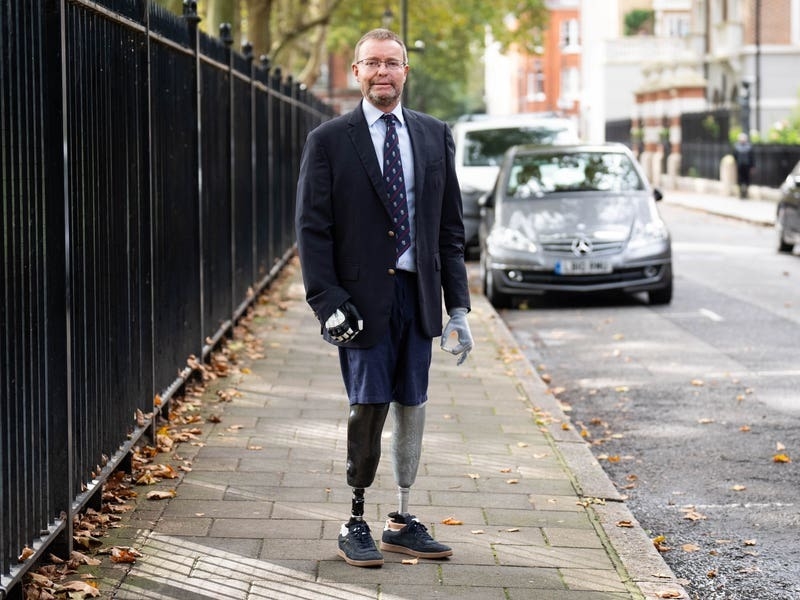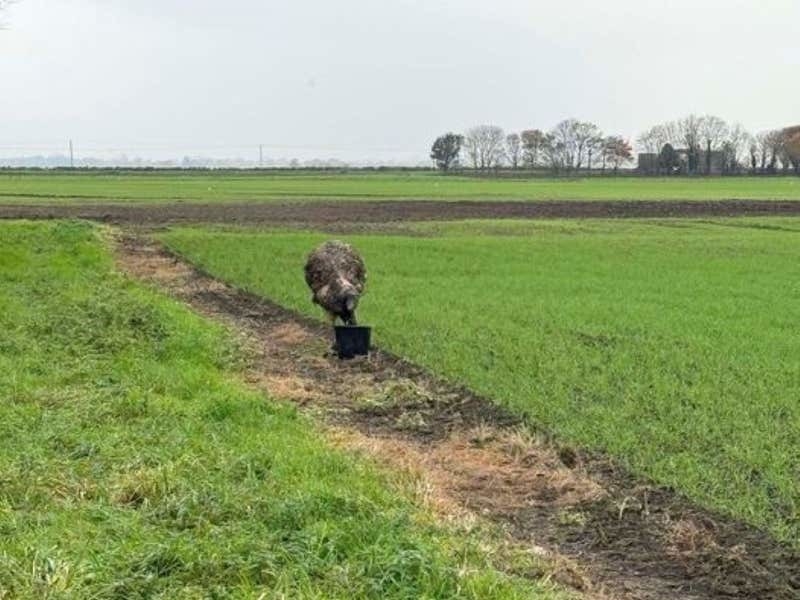Bridget Phillipson has said the Government will not “hesitate” to cap profits in children’s social care if firms fail to curb their gains, as another MP warned vulnerable children have become “cash cows” for private equity groups.
The Education Secretary said she will “go further and harder” with new caps if care providers drift “towards exploitation in the pursuit of profit”.
It follows a Government “backstop” law pledge, which would limit the profit providers can make, to be brought in if providers do not voluntarily put an end to profiteering.
The watchdog Ofsted is to be empowered to crack down on exploitative providers, while companies will be made to set out their finances in a bid to increase transparency across the sector in England.
Spending by local authorities on looked-after children has more than doubled in just over a decade, from £3.1 billion in 2009/10 to £7 billion in 2022/23, Department for Education figures show.
Ms Phillipson told the Commons on Monday: “Children’s social care is struggling under an impossible weight. We have more children in care in this country than ever before, and with more and more money following children into the most expensive part of the system, resources are sucked out of preventative services, pushing yet more young people into care, and so the vicious cycle continues – higher costs, poorer outcomes.”
She continued: “We will give Ofsted the powers to move more quickly against unregistered care providers and tackle patterns of poor care. These are actions to fix the care market.
“But be in no doubt, if companies continue to make extreme profits at the cost of vulnerable children, I will go further and harder. We will introduce new powers that allow Government to directly cap the level of profit from children’s social care placements.
“At their best, private providers can help improve the lives of vulnerable children, but where the focus drifts towards exploitation in the pursuit of profit, be in no doubt I will act.”
Ms Phillipson replied: “Today I am calling time on the excess profiteering that we have seen, and should providers not respond, we will not hesitate to bring forward measures to cap their profits.”
Conservative shadow education secretary Laura Trott suggested profit caps may prove ineffective.
“The heart of the problem today is a lack of high-quality places available for looked-after children,” she said from the despatch box.
“So while I absolutely share the Secretary of State’s desire to ensure we are getting better value for the taxpayer in this sector, I would argue that the capacity issue is what we need to solve first, otherwise she risks, ironically, driving up prices and exacerbating the shortage of places.”
Ms Trott quoted from a report of an independent review of children’s social care which Josh MacAlister wrote in 2022 before he became a Labour MP.
She said profit caps might fail because it would be “relatively easy for providers to reallocate income and expenditure to maintain profit levels”.
“When we set out legislation before this House to tackle the shameful failure that we have inherited, I hope that members opposite will back us, and more importantly back vulnerable children in our country.”
Wera Hobhouse, the Liberal Democrat MP for Bath, said her local authority “needs, apart from potential price controls… capital investment so that they can rebuild their in-house services”, rather than rely on third parties.
Ms Phillipson had earlier outlined her plan to “simplify the way we fund local government next year, consolidating more than £400 million of children’s social care funding within the local government finance settlement and, with immediate effect, we will suspend the payment by results aspect of the supporting families funding”.
Labour MP Jonathan Brash said that in his Hartlepool constituency, “the council is being slowly bankrupted”.
He added: “The top four private providers, on average, are charging £12,000 per child per week. That’s £624,000 a year per child. Does (Ms Phillipson) agree with me that only by capping that outrageous profiteering can we protect children, but also get value for money for local council tax payers?”
Ms Phillipson replied: “When you think crucially to where they are making this profit, it is off the backs of the trauma, abuse and sometimes very difficult early childhood experiences of some of the most vulnerable children in our country.”






